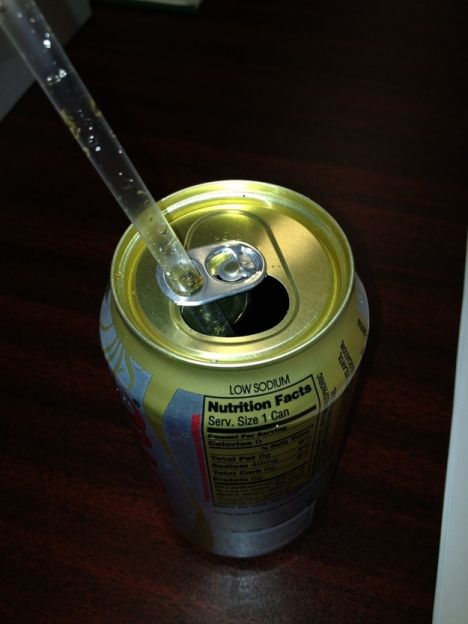a little known fact , alcohol hand rub does not kill clostridium difficile bugs , so this is the .1% of bugs this product
https://www.amazon.co.uk/dp/B00N202AHQ/?tag=pinkfishmedia-21
does not kill...
C. difficile is a bacterium (germ) that is present naturally in the bowel of some individuals. It can spread by
touching faecally contaminated surfaces and then touching your mouth, e.g. when eating. It can also spread following contact with the faeces of people who have the infection, if the bacterium is ingested through your mouth.
If someone is taking antibiotics to treat an infection, they can kill the good bacteria living in the bowel as well as the bad; when this happens
C. difficile can grow quickly in the bowel and produce toxins that lead to disease.
C. difficileis passed out in the faeces of people who are infected, including in the form of spores (a hardy form of the bacterium), which can survive for a long time in patient surroundings on any surface, e.g. toilet areas, clothing, sheets, and furniture, if these items are not regularly and appropriately cleansed. It is possible for anyone to spread the infection (to themselves or others) because they have not performed hand hygiene properly or kept patient surroundings clean. Elderly people and patients with comorbidities or who have had certain medical procedures to the bowel are especially at risk of getting
C. difficile infection.
There is concern because alcohol-based handrubs are known to be less effective on soiled hands generally and, specifically, when there is
C. difficile infection. This is because of the handrubs’ inability to kill the
C. difficile spores that at times can be present.
https://www.ncbi.nlm.nih.gov/books/NBK144042/
cdiff is pretty common and you see whole wards closed because of it not infrequently


